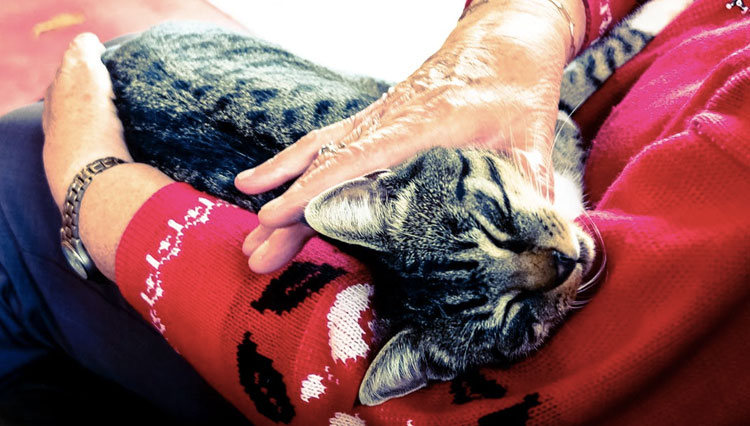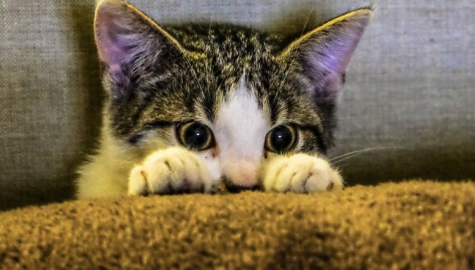Is your senior cat constantly calling out to you? Do they stick close to you like never before? Well, once your cat turns older they crave for more attention and affection from their family just like elderly humans.
A senior cat may ask for your attention through different ways. One of them being vocalisation. They do it as a form of communication to communicate an important message to you. So, you must listen to them carefully. Talk to them soothingly a give them the extra attention that they crave for.
When your senior cat wants more attention
When your elderly cat wants your attention, they will follow you around and brush up against you. They are particularly affectionate when they knead you. They rub themselves on you to spread their scent on you, thereby marking you as their own.
When you are busy working they will make themselves comfortable right next to you. At times they will stare at you and even look at you with half closed eyes. This means that they feel comfortable and secure around you. It is as good as them giving you a friendly kiss. You can return the favour by patting and cuddling them. Take a break from work and play with them.
Tricks your senior cat use to get your attention
Your cat may just reach for an item on the shelf or on the dining table. Once they grab hold of it and push it down, they will look up to see if they have your attention. Its their way of saying ‘look at me and play with me’.
You must remember that cats become needy as they age. They may cling to you night and day. If they have lost one of their important senses they will want to stick close to you as you will be the only stabilising factor in their life. They need you around to know that you are there for them and will take good care of them.
If your cat still likes to play then indulge them by playing soft and gentle games with them. Use this time to lavish them with all your attention and affection. The physical activity will help them to stay healthy and strong.
Some cats stay aloof and independent even in their senior years. Others become needier and crave for more affection. If your senior cat seeks more attention then ensure that you give it to them. Spend quality time with them. Talk to them gently and pat them affectionately. Once you show them your love they will be very happy!













